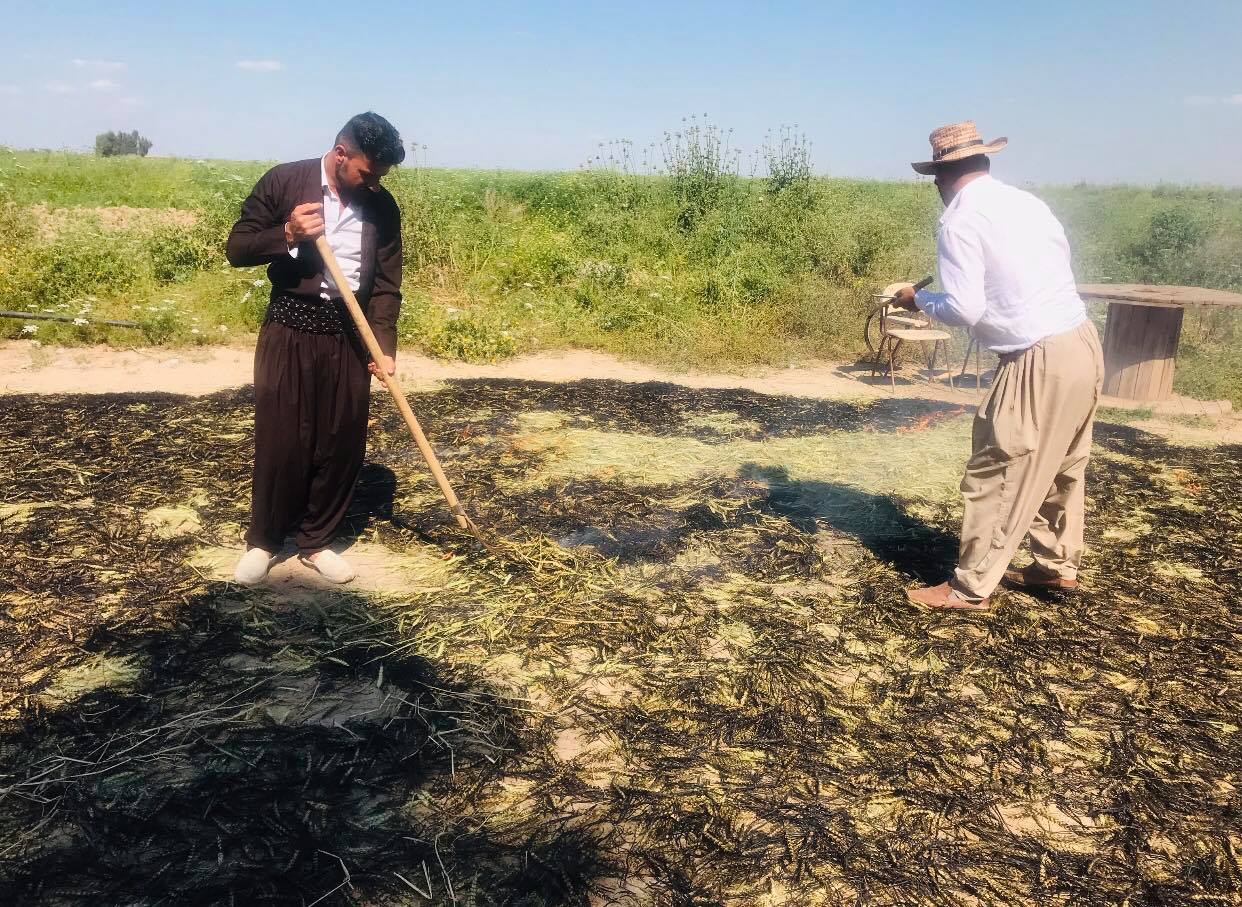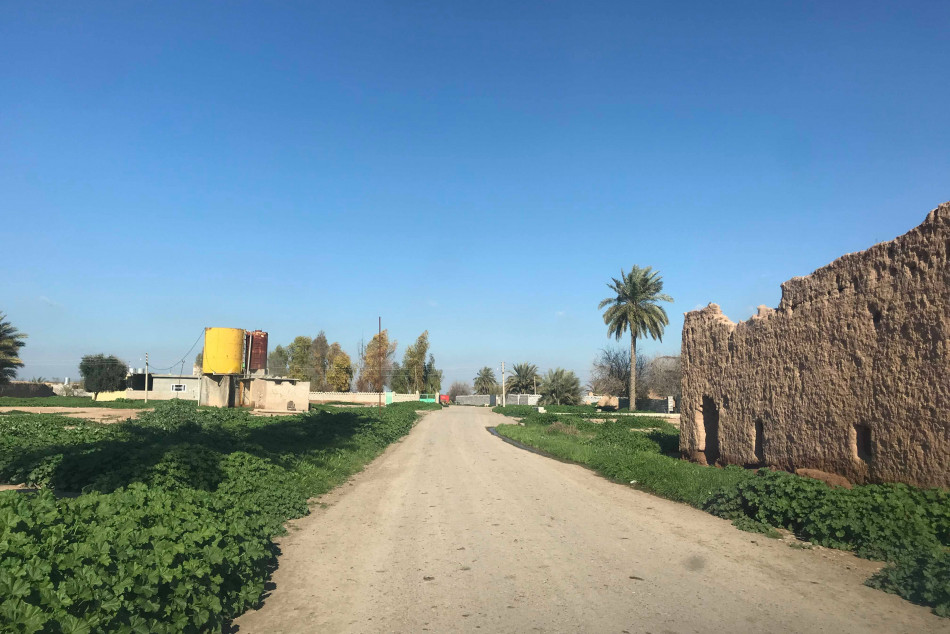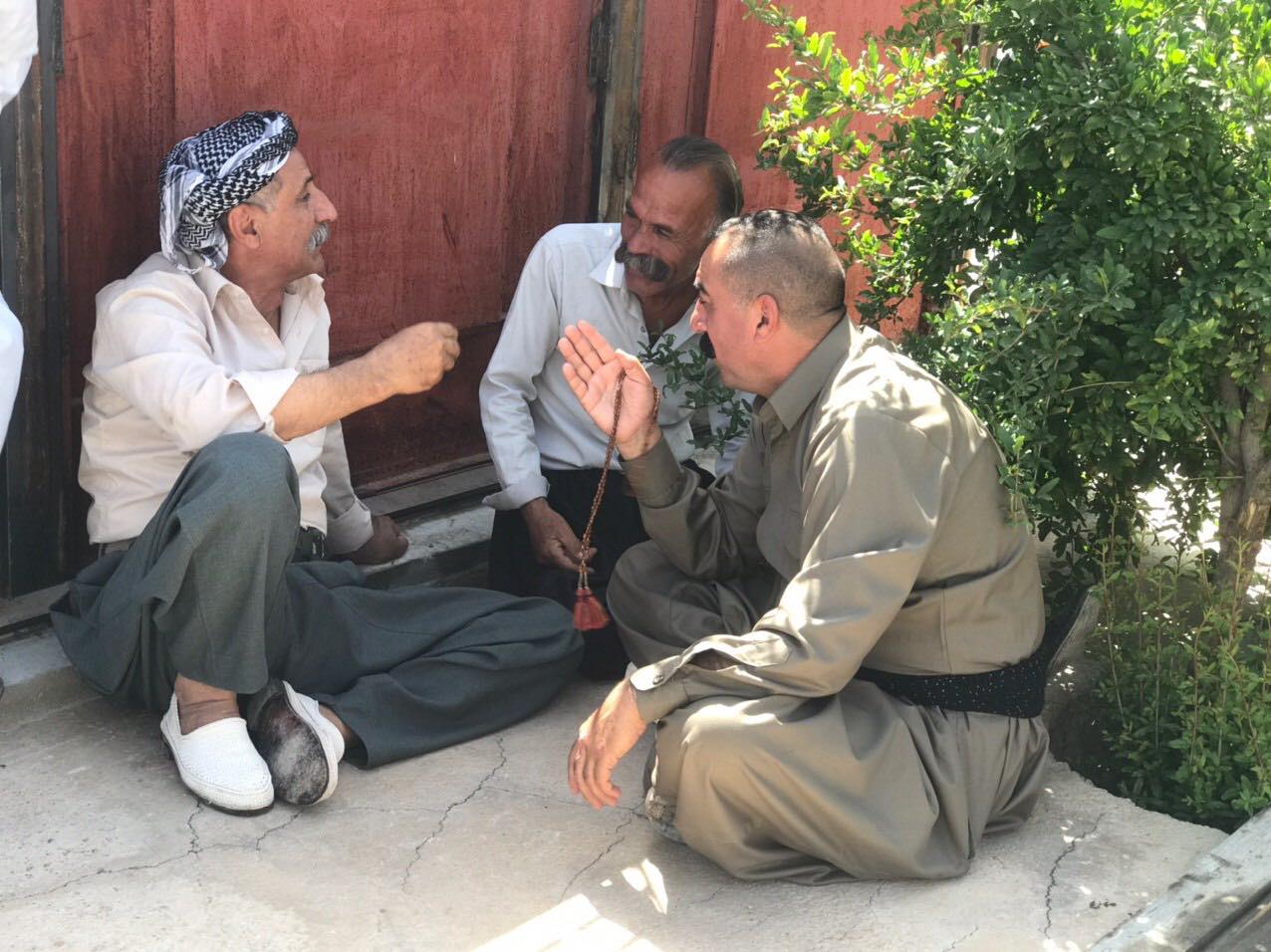From village administrations to the highest political, military and administrative positions, the Kaka’is don’t have representatives they can petition when they need help.
The Kaka’is are in need of representation more than ever, given they are being targeted by religious extremists and the existence of a security vacuum in their areas.
Their troubles are exacerbated during the COVID-19 outbreak, and no government institution is looking into the problems they are facing.
it is time that we are represented so that our rights are guaranteed by the authorities
Layla Sadiq, a Kaka’i activist, told KirkukNow: “After all the killings, threats, and displacements, it is time that we are represented so that our rights are guaranteed by the authorities.”
Layla thinks that lack of representation in the legislative and executive branches of government is among the reasons the problems they face are persisting. And that all their previous efforts to acquire representation have been fruitless.
“The voice of the Kaka’is is unheard. Our loyalty and love for our homeland and country is unappreciated, as we are not deemed deserving a single [government] position.”
In all of Iraq, the Kaka’is are not included in the quota system, except at the Halabja Province Administration, which hasn’t been set up yet.
The Kaka’is have not won any seats in any of the parliamentary elections, even though they’ve had numerous candidates in several party-lists.
40-year-old Ziyad Fahd, a notable Kaka’i, told KirkukNow: “Members of the Kaka’i community feel marginalized; they feel the government is discriminating between different components, because they don’t have representatives at any administrative and governmental institutions.”
In Kaka’i-majority regions administrative posts at municipalities, subdistricts and governmental institutions are not filled by Kaka’is.

Kirkuk, 2020 – two Kaka’i farmers in Daquq district – Photo by KirkukNow
“The Kaka’is are not included in the making of any political and administrative decisions, even those that involve the fate of the Kaka’is,” said Ziyad Fahd, who was a parliamentary candidate in the last election, but didn’t obtain the required votes.
He also added: “Security situation in our areas is not good, because the Kaka’is are excluded in matters of security and don’t know what is going on: from afar, we hear security forces are moved around, without ever discussing it with the region’s residents.”
No Kaka’i holds a high position in the army or the various security apparatuses. A Kaka’i unit within the PMU was established in previous years, but it was dismantled due to lack of funding and support.
Ibrahim Mustafa-agha Kaka’i, overall chief of the Kaka’i tribes in Iraq, told KirkukNow: “Since Iraq liberation process [in 2003], we’ve given more than 300 martyrs, but it hasn’t become a serious issue because we haven’t had any representative to defend our rights at the right time for our protection.”
He opines that the Kaka’i issue has been neglected and that no side has taken any serious steps to help.
How much longer do we have to abandon our villages and become displaced due to lack of services and security
Mustafa-agha complained: “Enough is enough! It is not just to view and treat the Kaka’is as such. How much longer do we have to abandon our villages and become displaced due to lack of services and security?”
The Kaka’is live in several regions of Iraq, mostly in Kirkuk, Diyala, Khanaqin, Erbil and Halabja, but also in Nineveh. They are (unofficially) estimated to be around 100,000. Yet their religion is not recognized in the Iraqi constitution.
Mustafa-agha said that they have submitted a formal request to Iraq’s President to be given a number of positions, among them parliamentary provincial seats according to the quota system, and appointing Kaka’i advisors to the Presidency, the prime minister and the parliamentary leadership.
The Kaka’is have tried numerous times to be included in the quota system. Their last attempt was in 2019, but they were disappointed again. They are currently trying to secure a parliamentary seat after the next elections.

Kirkuk, March 2019 – a Kaka’i village in Daquq district - Photo by KirkukNow
But Salam Bahram Kaka’i, a political analyst in Kirkuk, considers the dispersal and geographical distribution of the Kaka’is one of the reasons why their candidates have not obtained the required votes, given that the Iraqi election system is a multi-member consituency.
“If elections are held according to a single-member constituency system, we will doubtlessly win two to 3 parliamentary seats,” said Bahram.
“If there was a high-ranking military official in the Iraqi or the Kurdistan Regional government, the security issue in our region would’ve been resolved by now and we wouldn’t be easy targets of violent attacks in all those regions.”
The Kaka’is aren’t represented in the decision-making echelons of the political parties in Iraq, including those in the Kurdistan Region. Which, explains Bahram, is among the reasons for the lack of political support, which is the basis for position appointments and representation.





